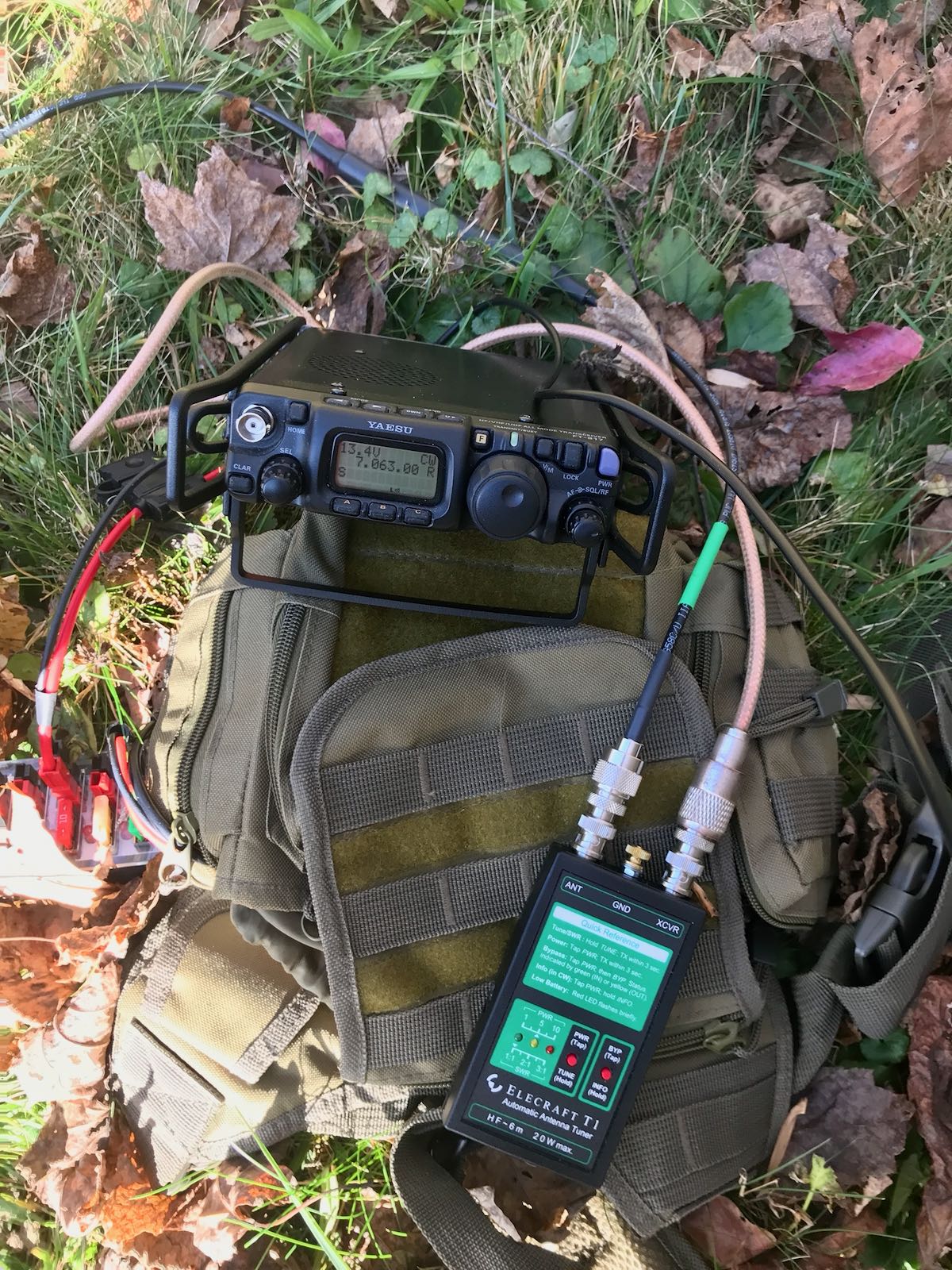 Many thanks to SWLing Post contributor, Alexander (DL4NO), who writes:
Many thanks to SWLing Post contributor, Alexander (DL4NO), who writes:
A Message from Germany: Growing Disaster Preparedness favours Ham Radio
For a long time most radio amateurs in Germany found themselves in the defensive: Building regulations, combined with EMC standards, heavily restrict antenna possibilities. Neighbors fear “dangerous” radiation, often going to court without any legal reasons. Emergency services got a much improved digital communication systems (TETRA), removing many of the artificial borders where they sometimes used ham radio to build bridges.
This could be quite different, as you can see in Austria. If radio amateurs organize a congress about emergency traffic, even the federal government and the Austrian army send competent representatives.
But the political turmoil and the connected energy crisis change attitudes in quite some branches of administrations:
The county of Soest urges citizens to buy license-free PMR handheld radios so they can reach the “light houses” that the county of Soest is creating all over its area.
The county of Ebersberg, east of Munich, is well known for its initiatives. Recently they invited the regional chapter of DARC, our German ham radio society, to discuss the build-up of a resilient data net for the county. In normal times, this data net could be used as part of HAMNET, our part of 44net. The county and towns would help to get access to suitable positions, including power supply. Some of the stations, for example on town halls, might be dormant most of the time. But as soon as power goes out, local radio amateurs are to activate the emergency net. The first application is to be VoIP, i.e. a independent phone service.
The county of Freising, a few km to the north, is also interested in working together with radio amateurs. We are just building a task force for this.
These activities are quite different from traditional emergency traffic. The most important difference: We work as enablers, not as radio officers. Our task will be to maintain the system, make it operational in case of an emergency, and introduce the officials to its use.
This is critical as we do not have enough radio amateurs to get the messages, send them over our system, and hand them down to the respective officer: Multply 2 radio amateurs by 3 shifts per day by a new crew every second day by the number of sites.
And in normal times, we can enjoy a much improved HAMNET coverage. Until now, most radio amateurs only had to access 44net through VPNs over the Internet.
Please comment!

Hello, Volodymyr. Yes, it is painful and tragic how hindsight can be 20/20. I asked for and received your book for Christmas, and am looking forward to reading it soon. I also have a “I need ammunition, not a ride” sticker on my car. I thought it was a quote that should be remembered.
73,
Mike KW1ND
After events in 2014, I raised the issue in the UARL (our amateur liga) about the need to improve relations with the army and the Ministry of Emergency Situations. In the case of such situations, radio amateurs still actually begin to help with communications, but without any rights and official status. And in peacetime, this would enable them to be a backup emergency communications system and not only legally install antennas as part of this system but also having support from gov. But to my surprise, the radio amateurs themselves were against it, objecting that I want to drive the radio amateurs under unnecessary control. Time has shown who was right…
The Australian States of New South Wales (NSW), Victoria (Vic) and South Australia (SA) all have their Wireless Institute Civil Emergency Networks (WICEN) and work with either the Volunteer Rescue Organisations or the State Emergency Service.. The State Police Service ultimately controlling all emergency incidents.